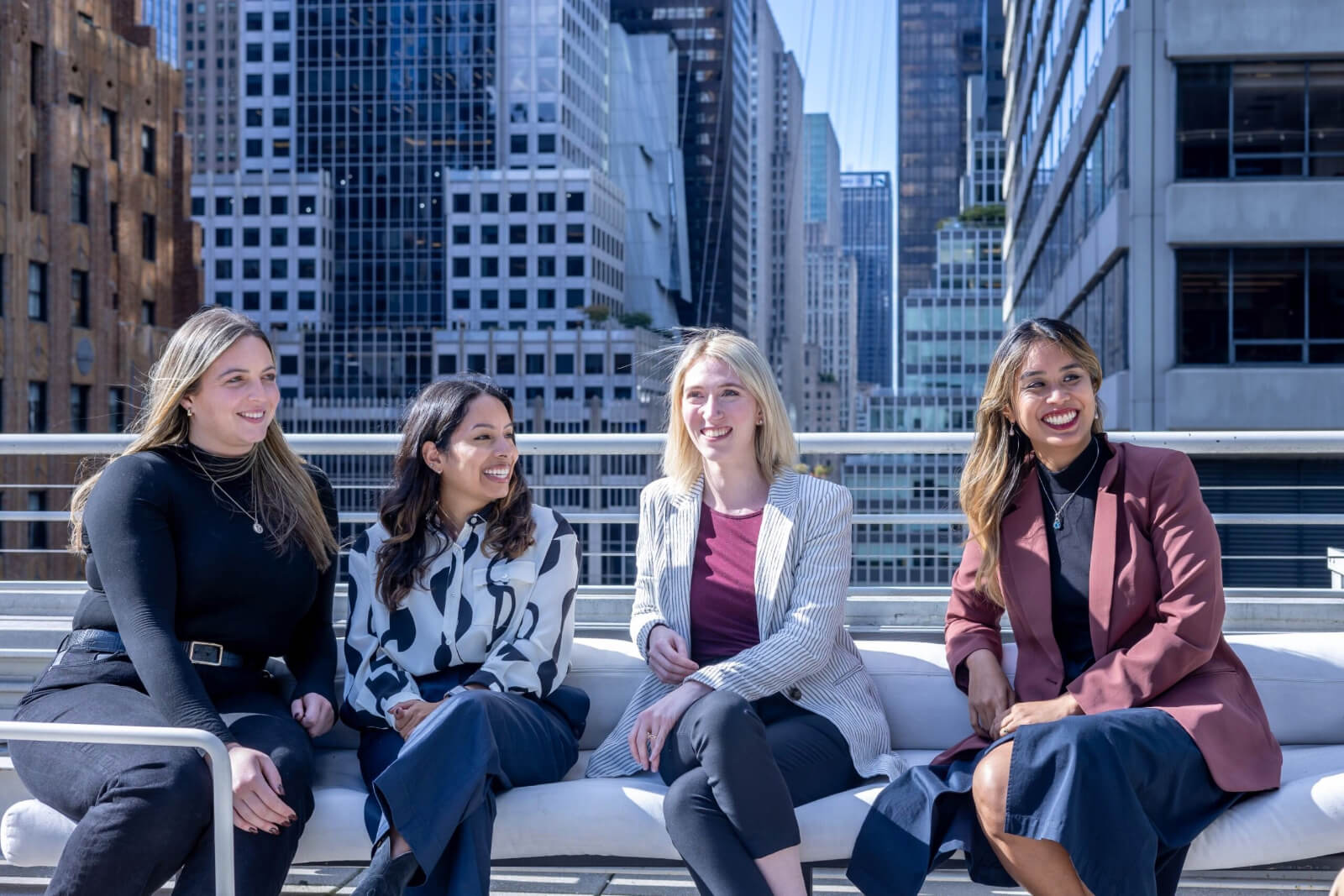Breaking Fast and Breaking Barriers: A Guide to Celebrating Ramadan in the Workplace

By Thamsia Salam, Account Executive
Ramadan is an important month for Muslims worldwide, where they fast from sunrise to sunset for a whole month. It’s a time of self-reflection, prayer, and generosity. For many Muslims, like me, this is a time when we connect with the faith, family, and community. Eid al-Fitr is the festival that marks the end of Ramadan and is a time of joy, celebration, and gratitude.
For someone experiencing their first corporate job during Ramadan and Eid, it can be daunting at first. I was excited for the month, but I was also worried about how I would manage my job responsibilities and religious obligations during Ramadan and Eid. I knew that I would have to perform additional spiritual duties throughout the day, but I wasn’t sure how I would handle it. I was also concerned about how my colleagues would react and whether they would understand the significance of these religious observances.
Were my concerns well-founded? Keep reading for an account of my first Ramadan working in communications.
Working with Purpose
My worries were soon put to rest as my colleagues were very understanding and supportive. I had discussions with my line manager to explain my situation and see if there was any way I could be accommodated during Ramadan and Eid. I was grateful that Aspectus was open to providing me with flexibility in my hours, which helped me to manage my fasting and prayer times.
The first week was tough, having to adjust to a new routine whilst carrying out my usual duties. I continued to attend meetings and perform my regular tasks during Ramadan, sometimes finding it difficult to maintain my energy levels. Fortunately, my colleagues were understanding and accommodating, which helped me to cope. I found that taking short breaks throughout the day to rest and recharge was helpful.
As Ramadan progressed, I found that I was better able to manage my responsibilities and my religious obligations. I learned to be more efficient with my time and focused on completing my tasks earlier in the day when I had more energy. I was also fortunate that as part of my Ramadan arrangements, I was able to work from home for the entirety of the month, which helped me to manage my fasting and prayer times better.
Eid al-Fitr
When Eid al-Fitr arrived, I took a day off to celebrate with family and friends. Eid al-Fitr is a joyous festival celebrated by Muslims all over the world, marking the end of Ramadan. It’s a time for dressing up in new clothes, exchanging gifts and greetings, and feasting with family and friends. Think of it as the ultimate post-Ramadan celebration, complete with good food, good company, and good vibes!
In conclusion, my first Ramadan and Eid in a corporate role were a mix of challenges and rewards. I was grateful for the understanding and support of their employer and colleagues, which helped to manage my religious obligations while also fulfilling the job role commitments. I also learned to be more efficient with my time and found ways to adjust to their fasting and prayer times. One of the highlights of my month was talking to colleagues about the ins and outs of Ramadan. This experience was a reminder of the importance of diversity and inclusivity in the workplace, where individuals from different backgrounds can work together in harmony and respect each other’s cultures and traditions.

